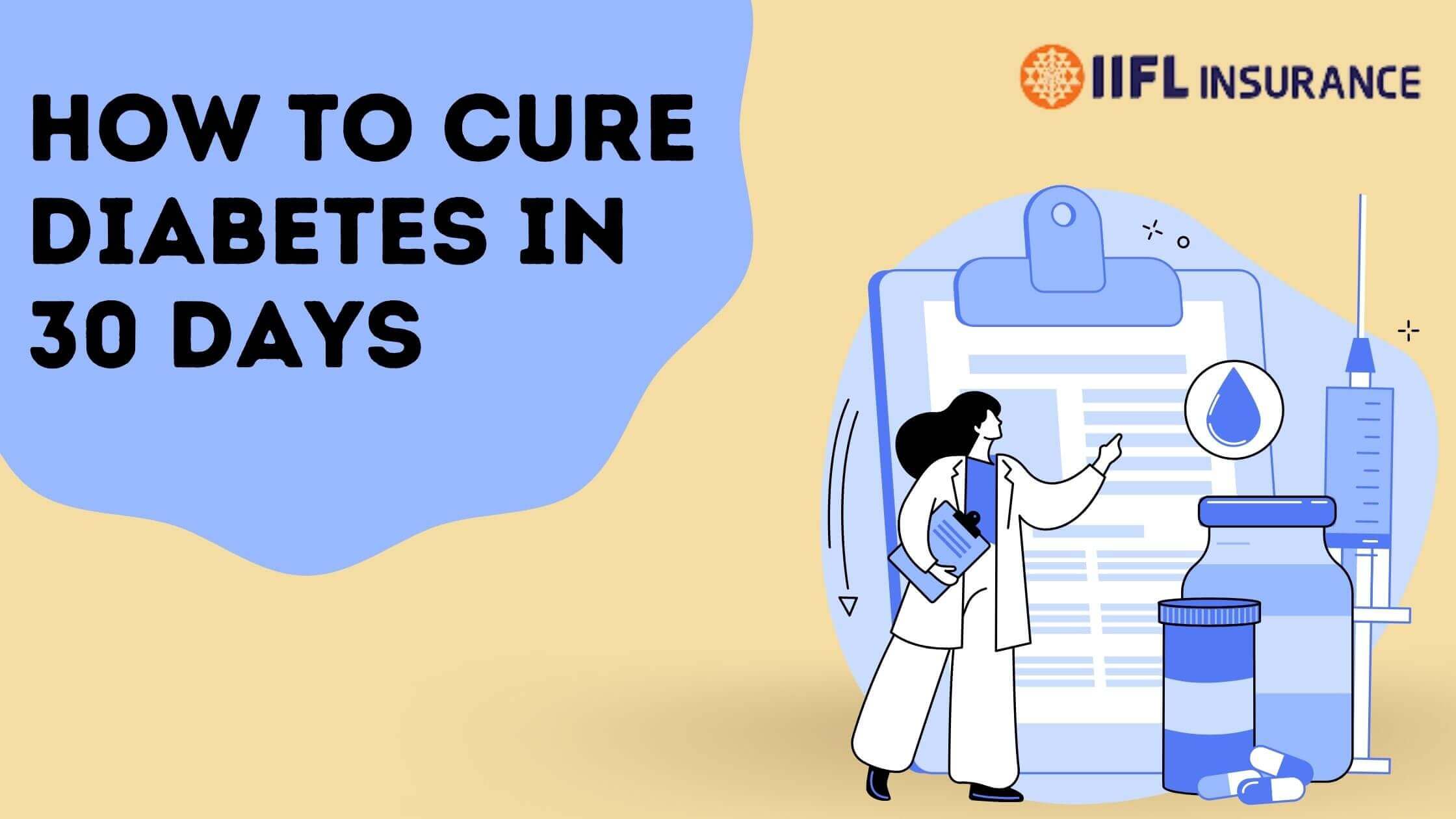Pneumonia is not an easy disease to bounce back from. Irrespective of the type of healthcare you receive, recovering from pneumonia can feel as if it would take a lifetime for you to just get back to normal.
When it comes to coming down from a normal cold or cough, people tend to feel better in a week or two. However, pneumonia is more intense and the symptoms can be noticeable by the individual for up to three months from when the individual first got sick!
But what if you also suffer from diabetes? Pneumonia in diabetic patient treatment can take longer to recover from. Today, we will talk about recovering from diabetes pneumonia symptoms.
Factors Affecting Diabetes and Pneumonia Recovery
There are several factors that can affect the length of your recovery. And to learn about these facts, you don’t need to search ‘pneumonia get the facts’ on your browser. Instead, we’ll help you with that right now.- Age of the patient
- What type of pneumonia the individual is fighting
- The type of healthcare one receives while suffering from the disease
- Overall health before pneumonia
Diabetic patients can expect to feel the effects of pneumonia anywhere from a few weeks to several months after first coming in contact with the disease.
The Treatment
Pneumonia can be treated from home. The best thing that an individual can do to ensure proper recovery is to fill and start the prescribed medication immediately. It should be noted that not all forms of pneumonia can be treated with antibiotics. But patients who can treat themselves at home with antibiotics can expect the recovery to happen in about five to seven days.Some patients may be given a shorter or longer medication regimen. The duration of the medication regimen will depend on what your healthcare provider thinks is best for you. You might also find it interesting to note that most people start to feel better after two days of taking antibiotics.
If that is also the case with you, then you should not stop taking the medication until the prescription is complete. The only exception to this rule is when your healthcare provider might advise you otherwise.
The Timeline for Recovery
The recovery of one individual from pneumonia will differ from the recovery of some other individual. However, a basic timeline of recovery that one can expect to observe is mentioned below.- Within seven days: Your temperature will return to normal
- One month: You will be producing less mucus and your chest will start to feel better
- Six weeks: It will become easier to breathe and your cough will start to resolve
- Three months: Most of the symptoms will be resolved by this time even though the patient might still feel quite tired
- Six months: You should be back to normal
Why Does Recovery from Pneumonia Take So Long?
From everything that we have said till now, it is quite clear that the recovery from pneumonia in diabetic patients is quite slow and takes a lot of time. There are many reasons why the journey to recovery is so long from pneumonia. Let’s take a closer look at those reasons.When the bacteria that cause pneumonia enters your body, your body directly goes into defense mode to remove it. And when the patient starts taking the antibiotics, he or she will feel better in a few days. This is because the antibiotic has dealt with the bacteria.
However, the body now enters a cleanup mode. The body has to remove all the debris like the mucus in the lungs. The body will start working overtime to clear out all this waste left behind from the disease. Several mechanisms will be used by the body to move the mucus out of the lungs. This is the reason why the patient often experienced a productive cough.
One might also feel fatigued for several months after battling pneumonia. This fatigue comes from the body because it is diverting as much energy as possible to the immune system. This is done until the body is sure that there is no reason to run overtime.
Returning Back to Normal
Irrespective of whether you treat pneumonia at home or at a hospital, you should take extra care of yourself as you recover. Some recovery tips that you can follow during this time are:- Stay Home: Until your fever breaks down and your coughing drops down to a minimum, stay home. Staying home and resting will improve your recovery and will also make sure that nobody else gets sick by coming in contact with you
- Rest: Take as many naps as you need to and rest as much as possible while recovering
- Drink Fluids: Try to keep your body hydrated as it works to flush out the debris from the illness out of you
- Complete Prescription Medication: Make sure that you are completing the full course of antibiotics even if you start to feel better early
- Pace Yourself: Take your time to ease into your everyday life and do not rush into anything
Hence, you must take everything slow and give your body the time that it needs to recover from this condition. Always make sure that you are following the advice and recovery tips that have been suggested by your medical expert.


